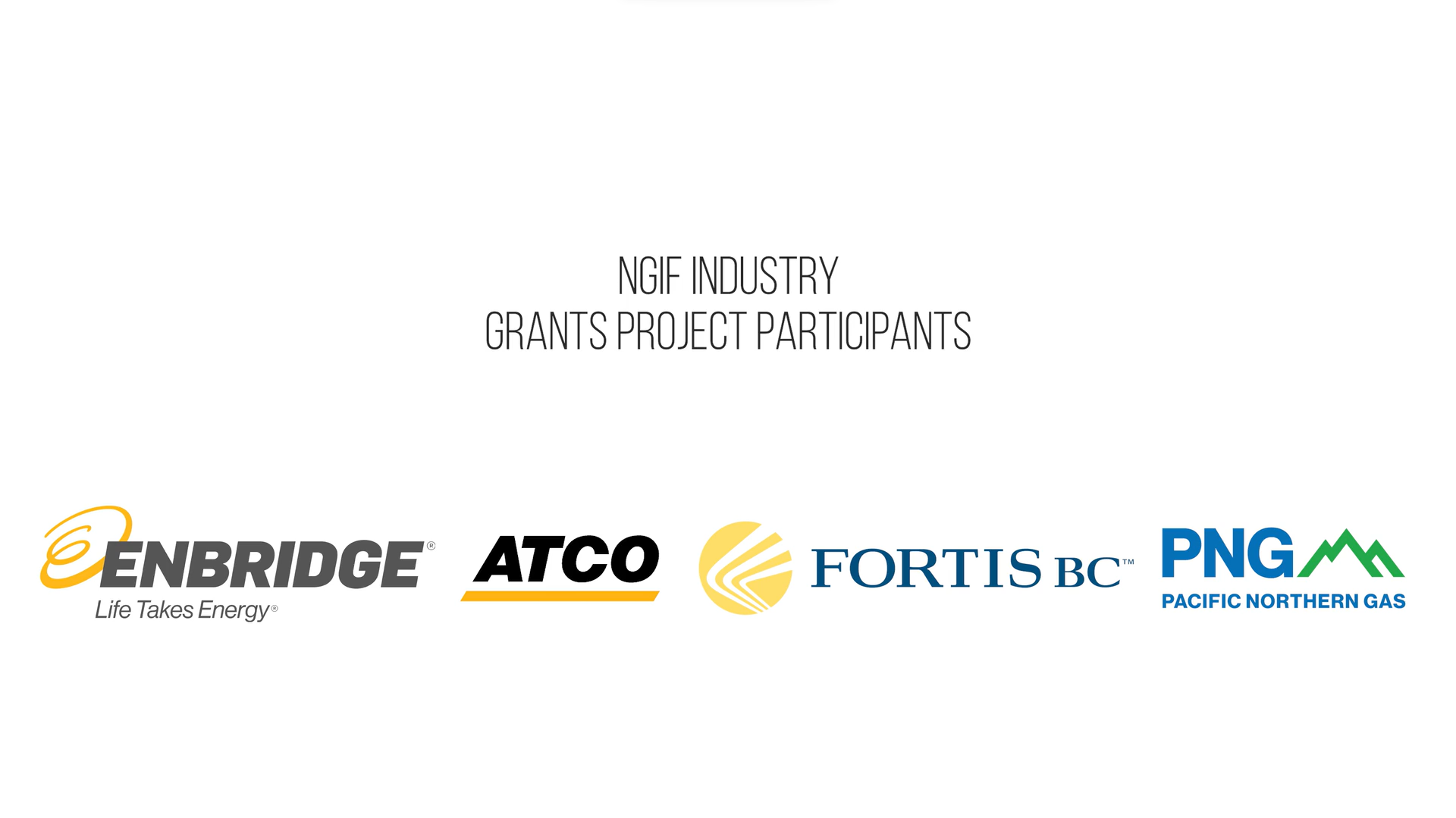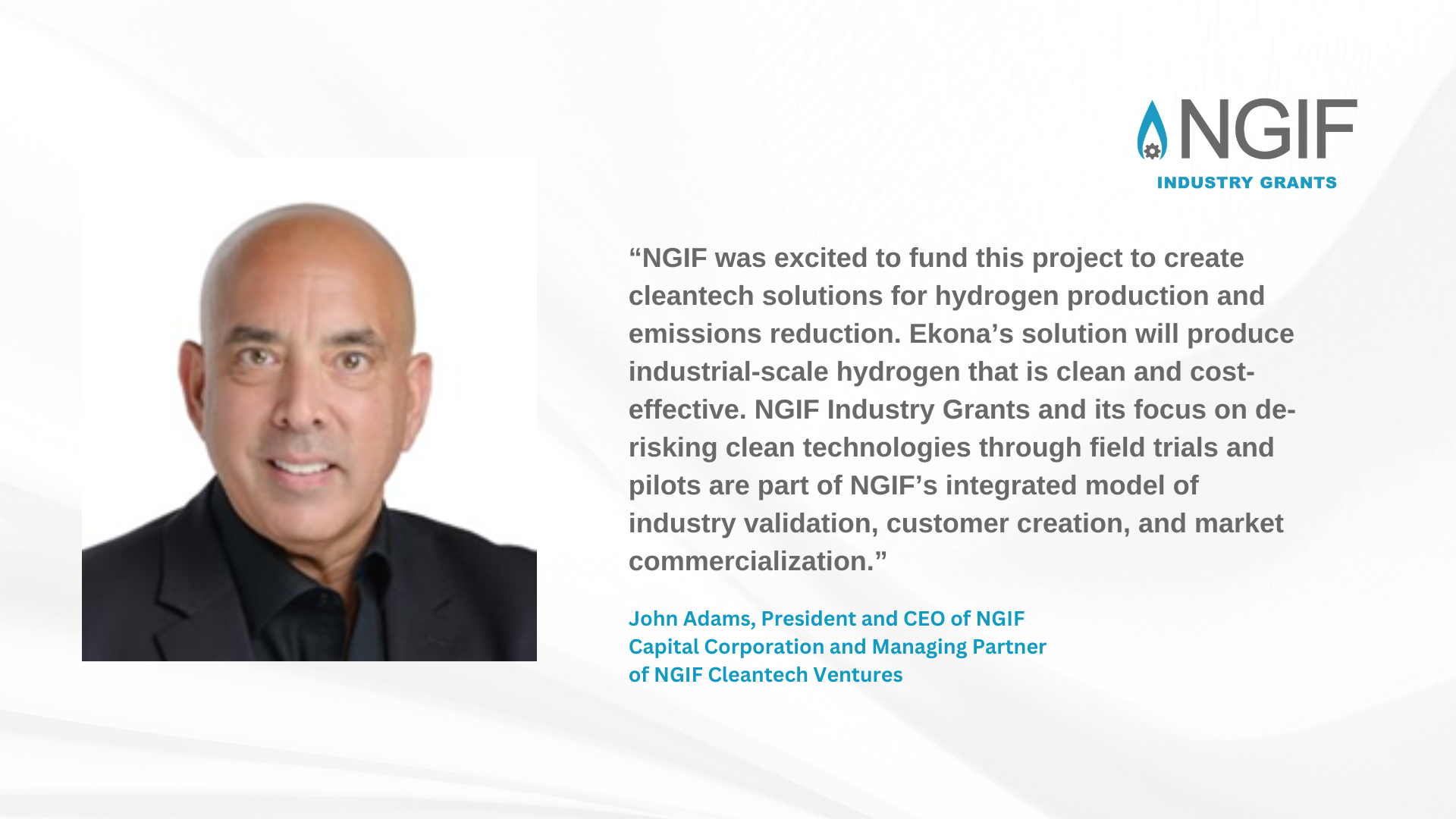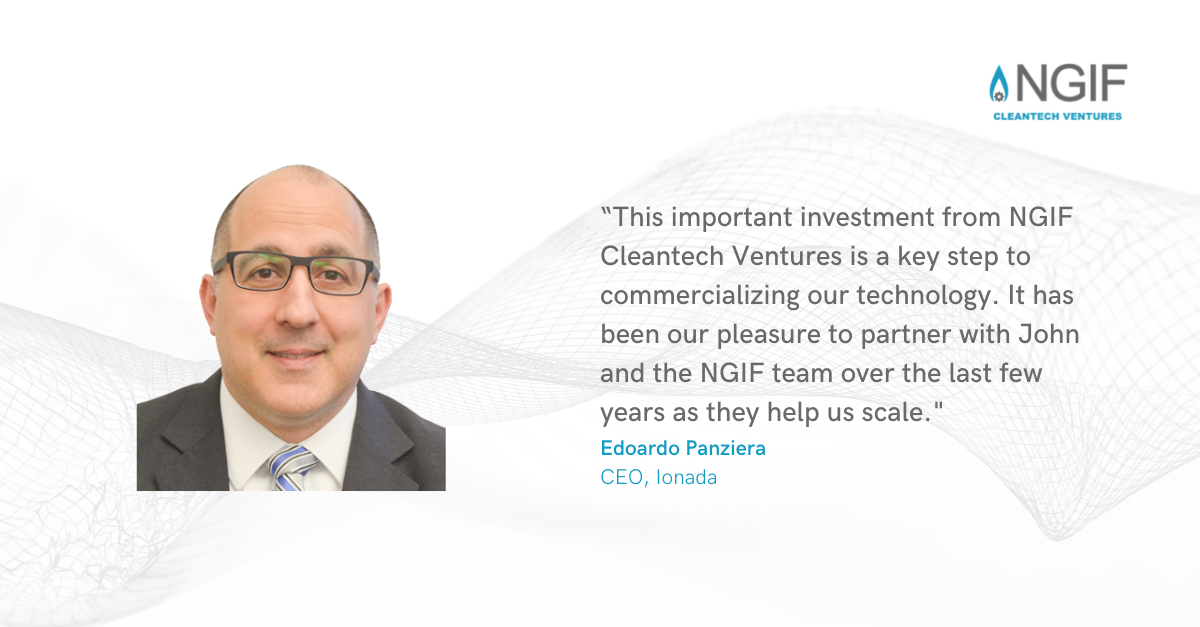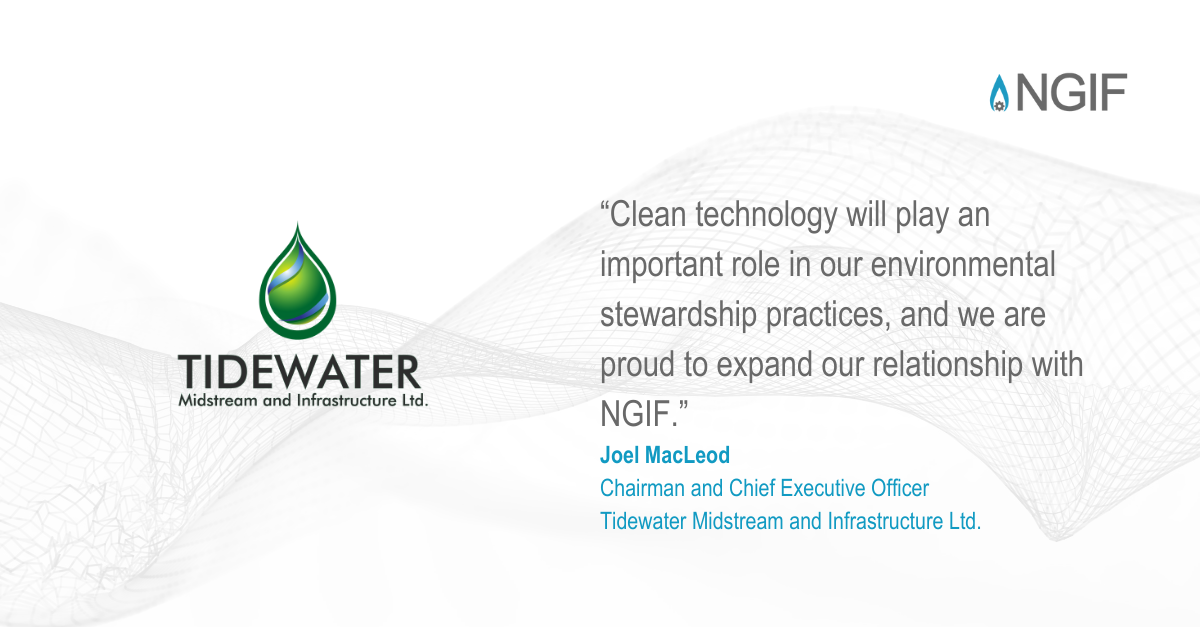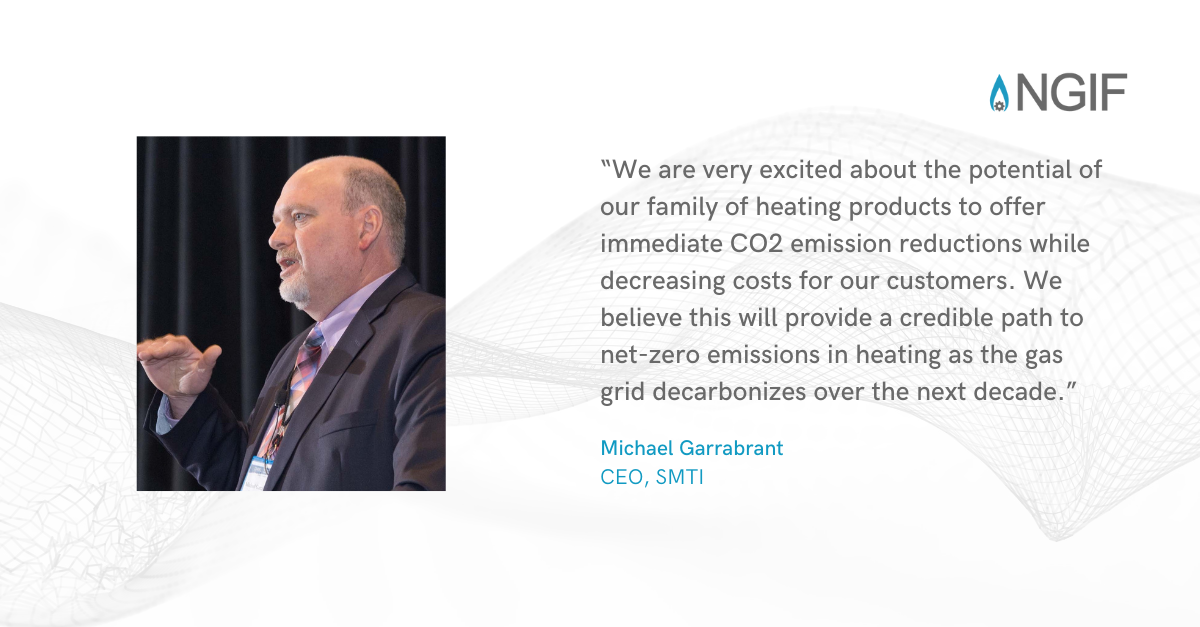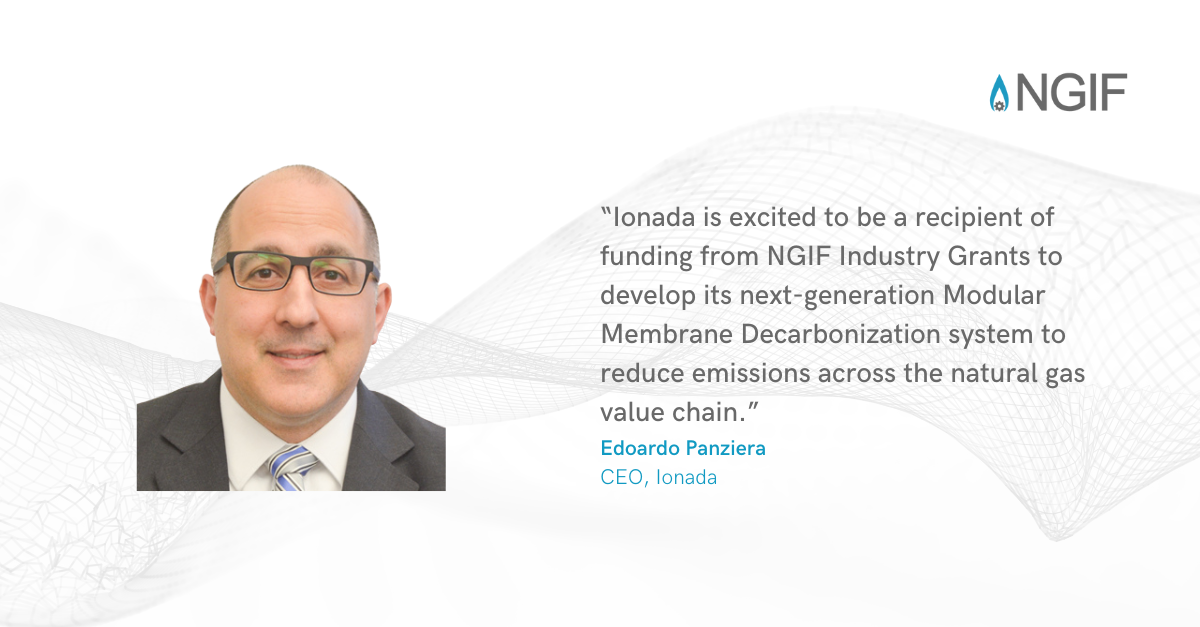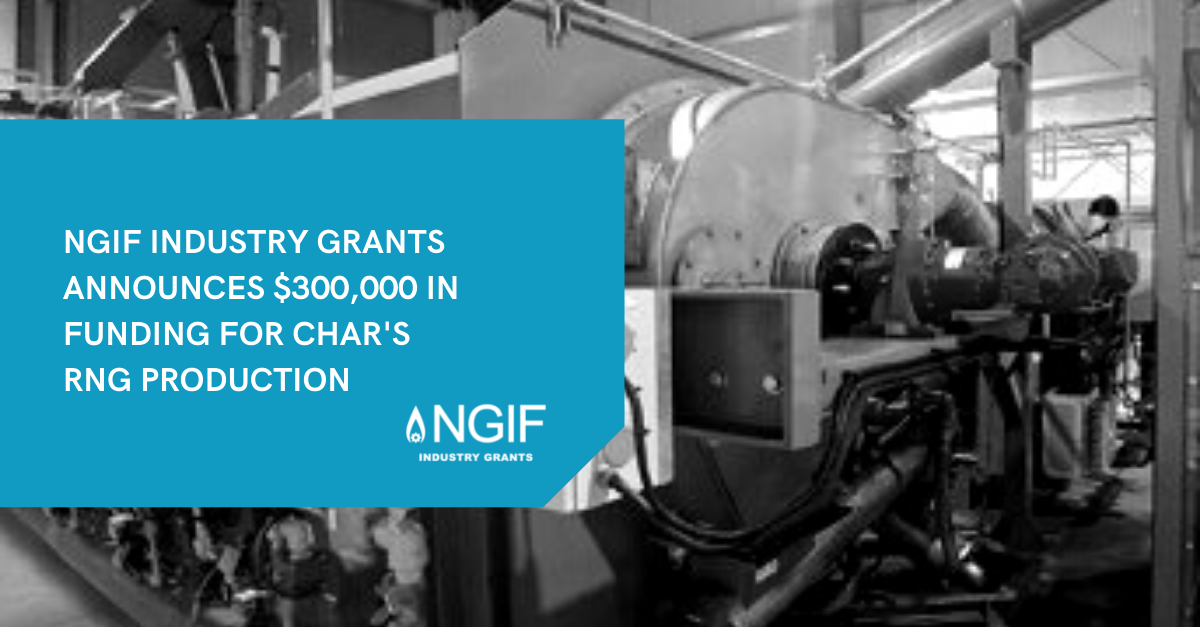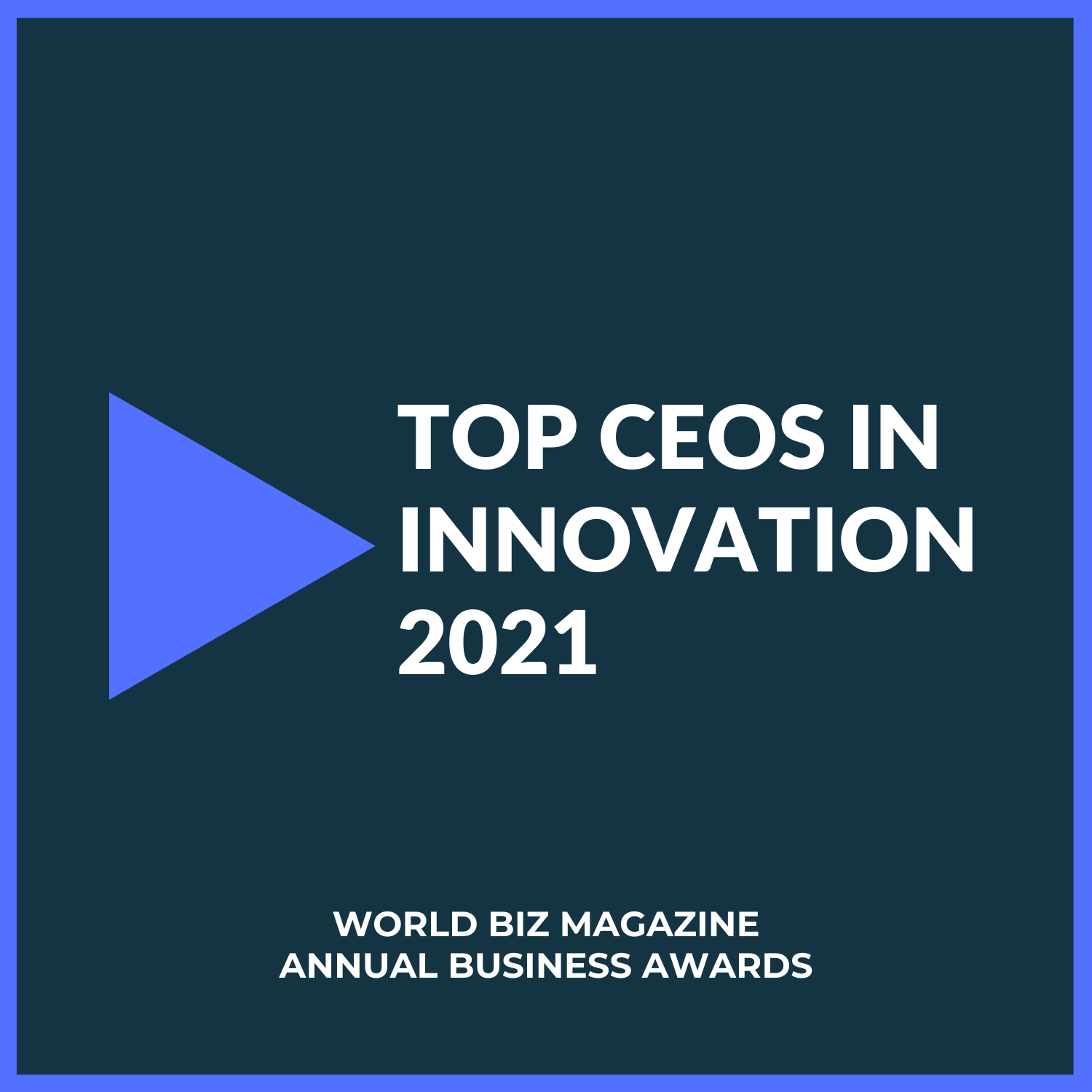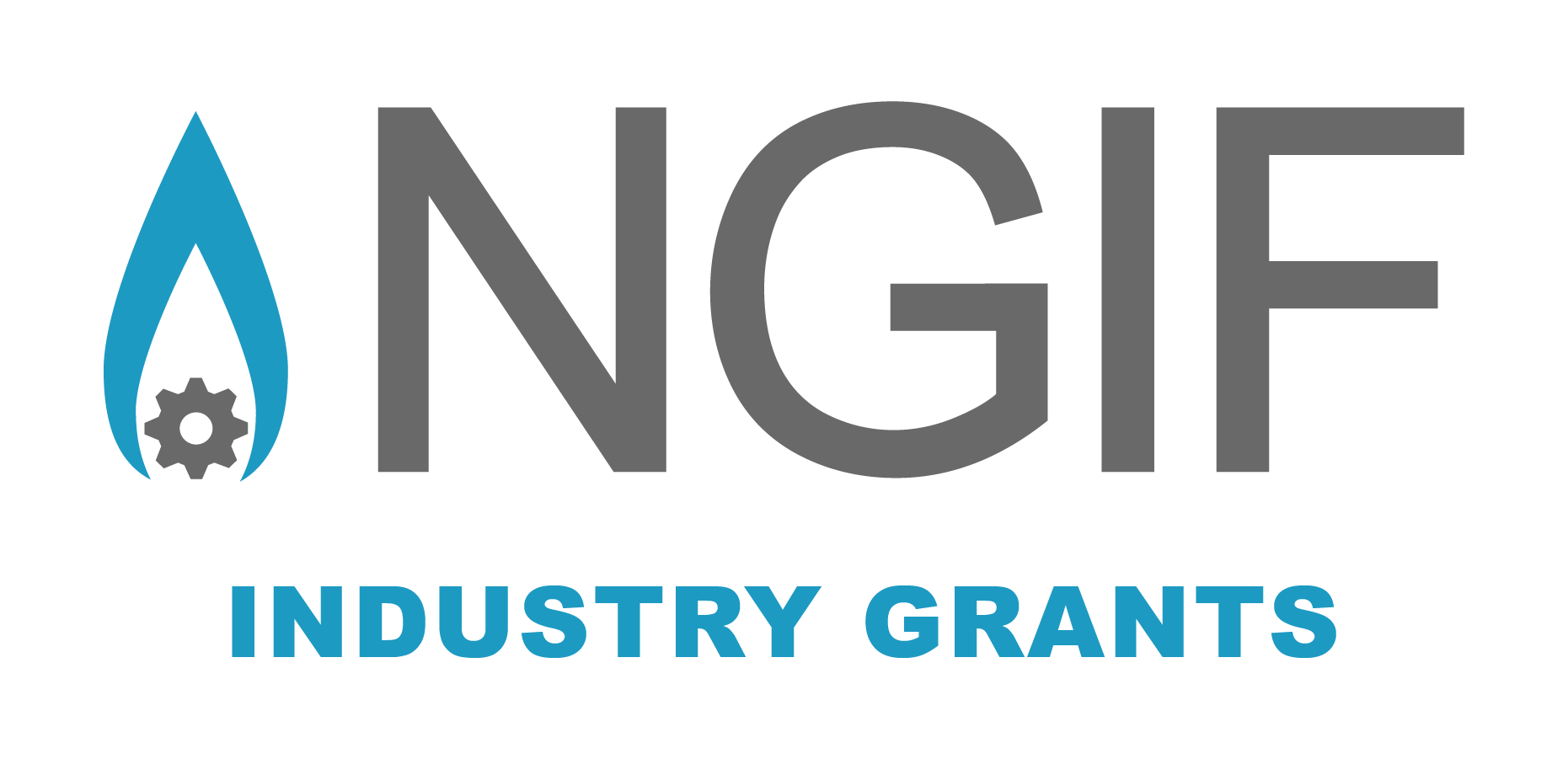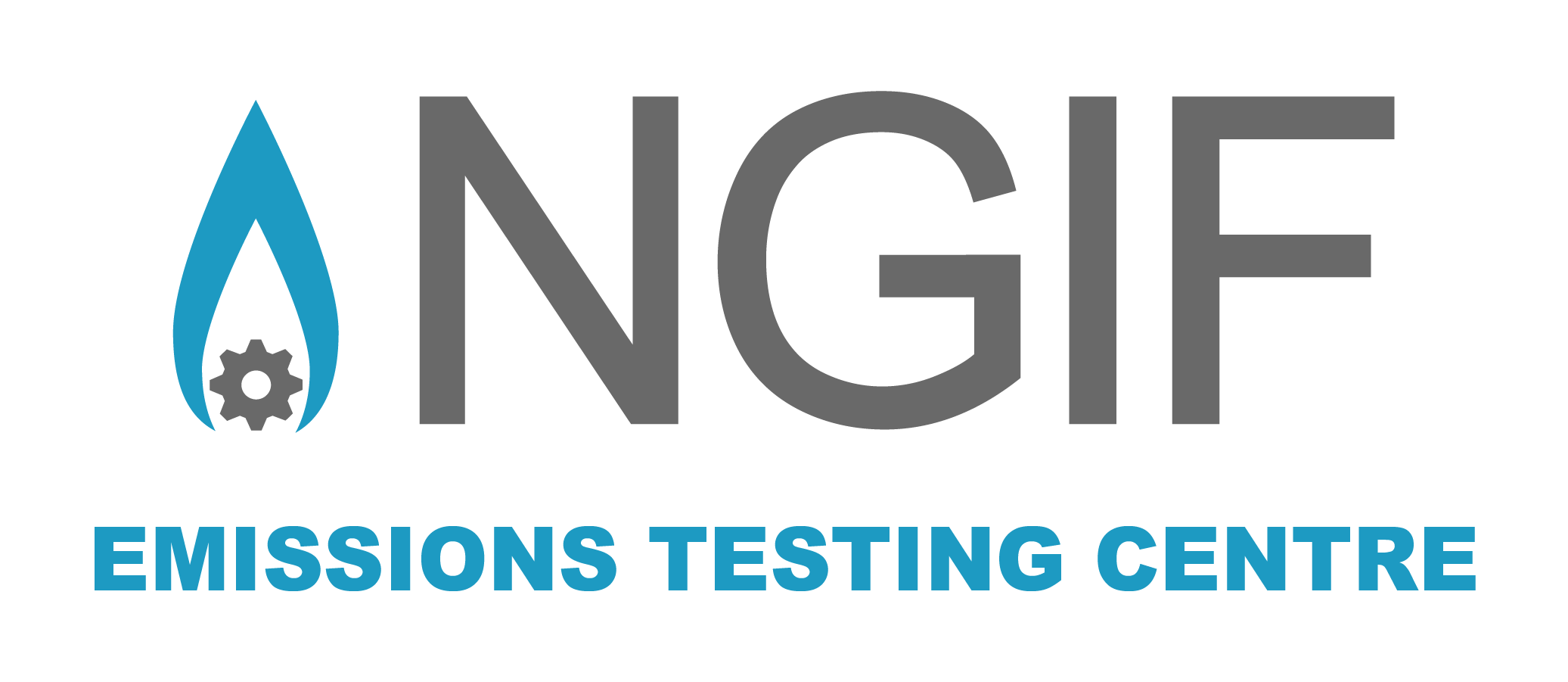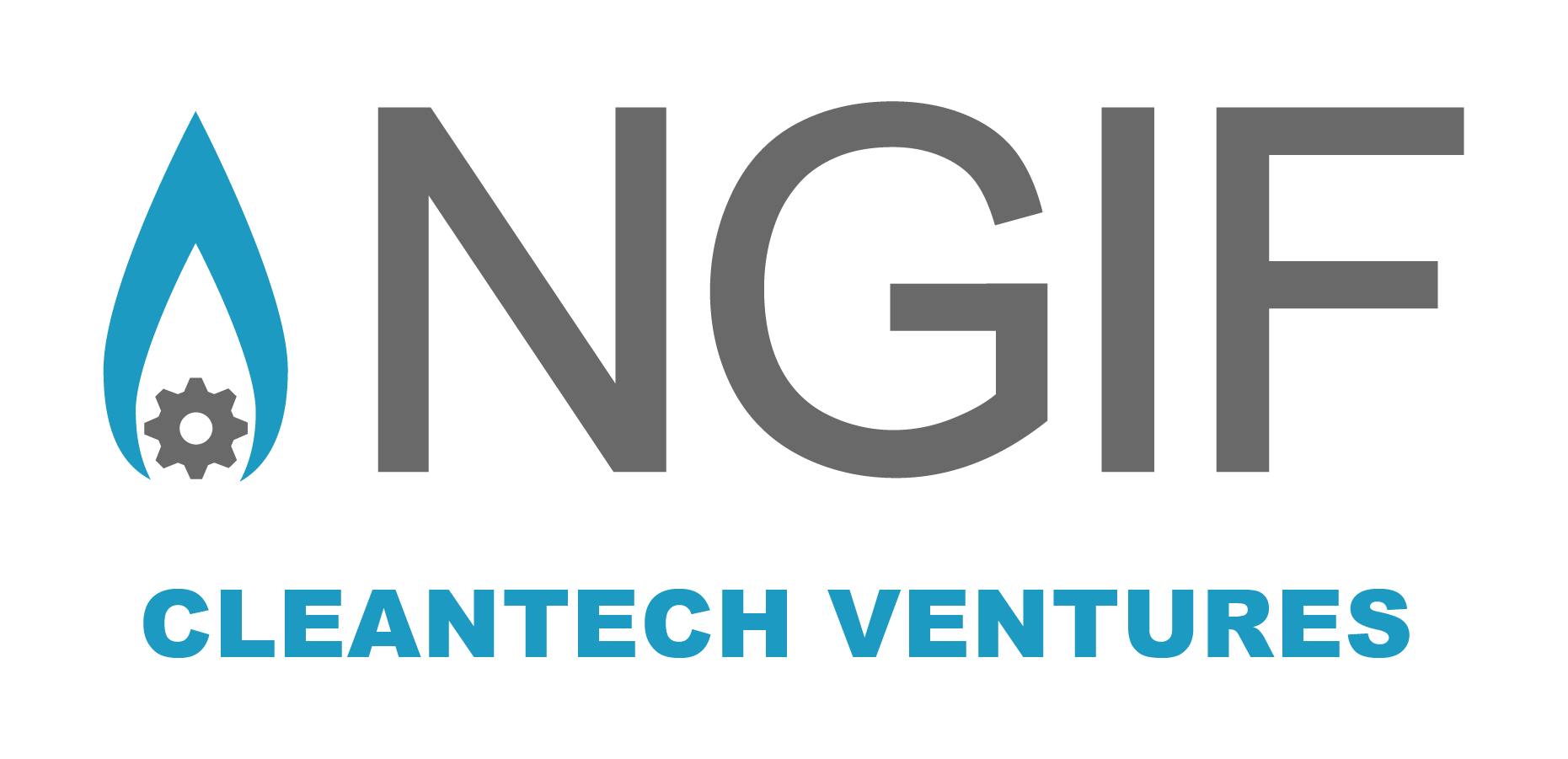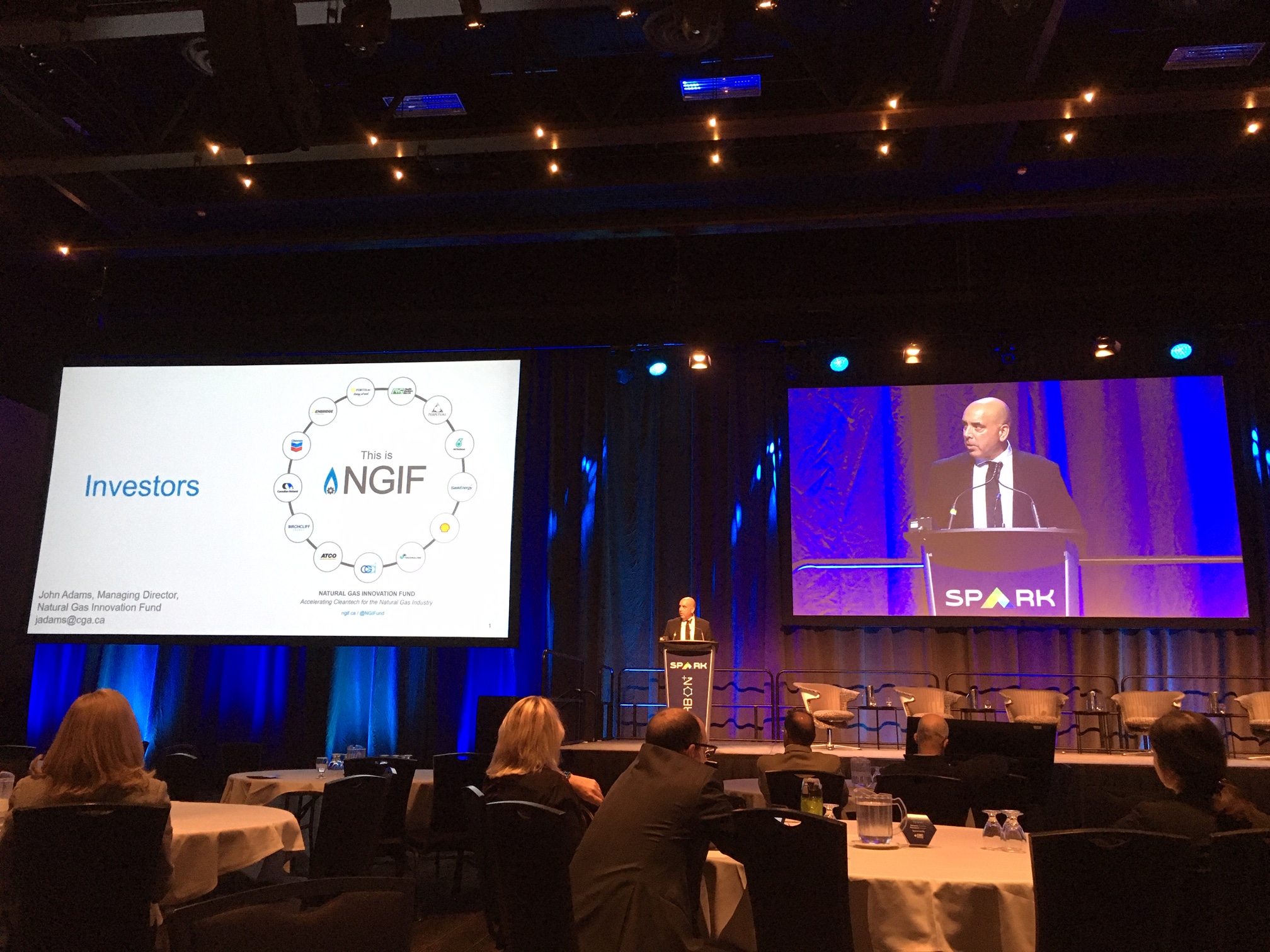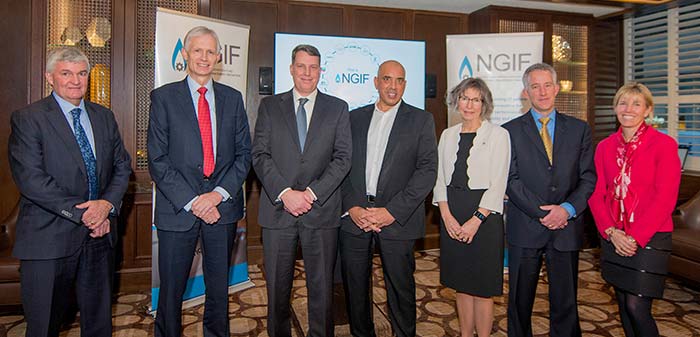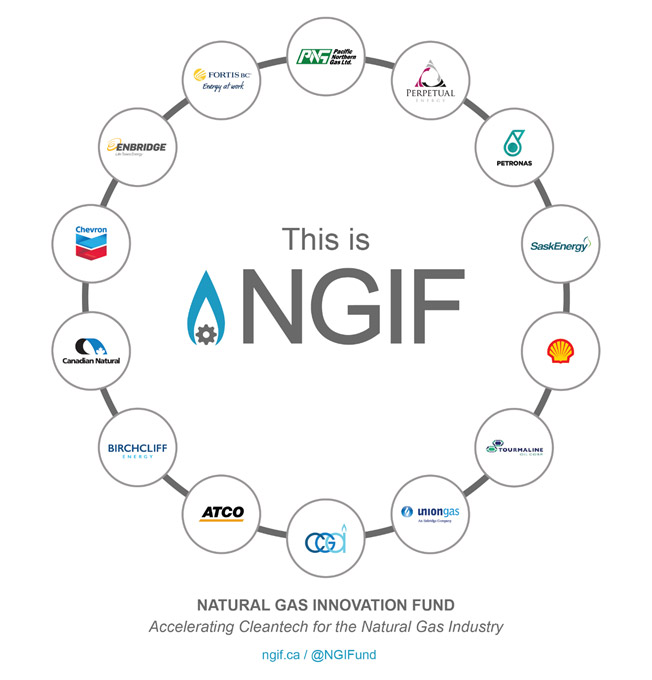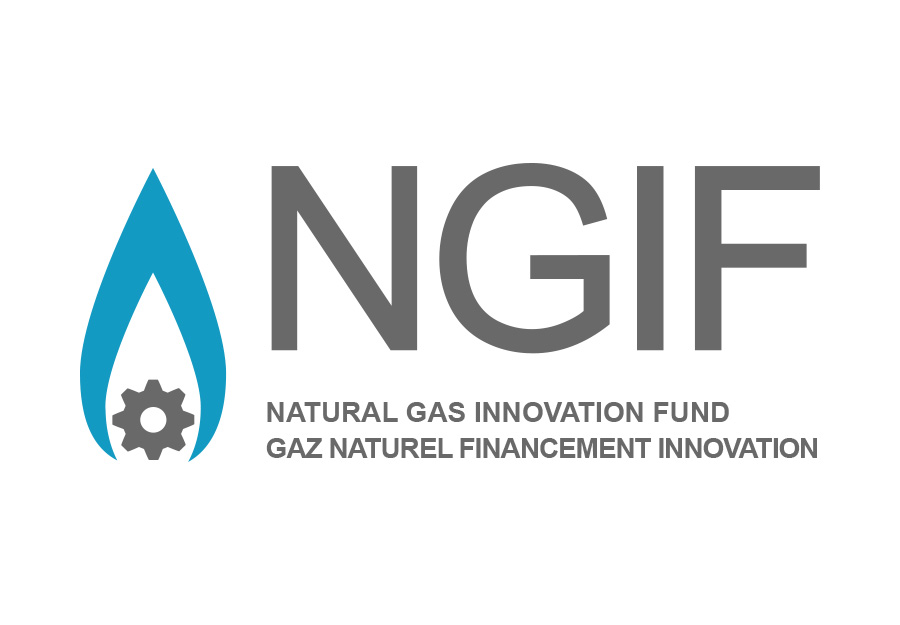NGIF Capital is a relatively new organization and attracting the most talented and skilled employees in the market has been at the top of my mind. As the CEO of NGIF Capital and the Managing Partner of NGIF Cleantech Ventures, not only do I want to create a brand that attracts potential talent, but a culture that will retain an incredible team in today’s environment is even more important.
Companies are in a war for talent in a post-pandemic world. In-demand professionals are now in the driver’s seat when it comes to recruiting for new roles, a fact further compounded by the “Great Resignation,” which saw millions of people voluntarily leave unfulfilling roles throughout the pandemic. A primary catalyst for this talent crunch is the rapid rise in the startup ecosystem, which has been working in over-drive for the past decade. We see an explosion in new venture-backed companies – and in turn, venture capital (“VC”) funds to invest in them. VC investment in the Canadian ecosystem surpassed USD$13.6Bn in 2021, which more than doubles the previous high water mark of USD$5.8Bn achieved just two years prior. In addition to traditional VC funding, we see firsthand the renaissance of corporate venture capital (“CVC”) investing. More than 700 new corporate venture capital arms have been launched in the last ten years (up from 273 CVCs in 2011). According to a recent study of Pitchbook data, annual venture investing by CVCs over the same period increased by 15x to over USD$200Bn annually.
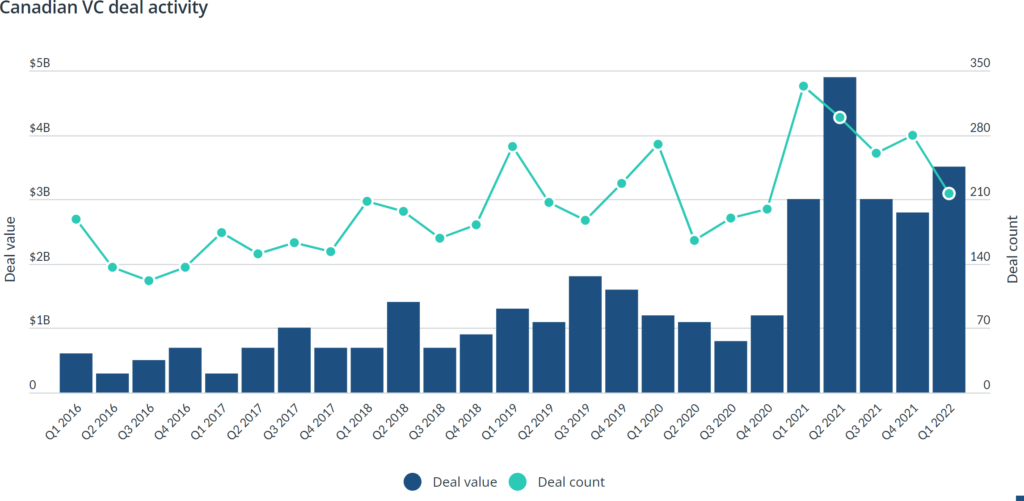
With so much cash flowing through the venture ecosystem, there is relentless pressure to grow larger and faster – but there is a problem. There simply aren’t enough highly qualified technical candidates to meet the accelerated staffing requirement of these high-growth startups and the funds that invest in them. Companies must move quickly to secure the best candidates possible and even go a step further to ensure they are with the company for the long term.
“Smart, forward-thinking executives will notice the tide change and immediately take action. They’ll put in place plans to attract and retain talent. The companies that prioritize their employees and do everything in their power to make them happy and motivated will be the winners in this new upcoming era. ” – Jack Kelly, A War For Talent Is Starting—Spoiler Alert: Workers Will Win, April 2021
The first and most obvious way to attract and retain key personnel is to provide compensation packages above market rates. This benchmark should be re-evaluated annually to ensure competitiveness within your peer group. Time and time again, survey after survey, the thing people value most when selecting a new job is compensation. It makes sense. After all, this is a quantifiable metric that in demand professionals can use to determine how much their employer values their contributions to the company. And with inflation reaching levels not seen since the early 80s, it is probably safe to assume that the compensation driver will remain at the top of the short-list of selection criteria for professionals. Here’s the thing though, compensation isn’t the end-all-be-all when selecting a new opportunity. It makes up a large portion of the decision criteria, but its not everything. During the pandemic and beyond we saw key personnel leaving traditional industries for lower-paying jobs with more meaning, better incentives, and a greater sense of purpose.
As part of that total package, we look to hire employees who are doing jobs that they do best. As a new firm with our first venture capital fund, I’ve put a lot of thinking into the team that would stand with me to execute the vision of what I had for the organization. I love the job that I have, and I want the same passion and enthusiasm from my team. Given the unique nature of our organization, I identified and recruited subject matter experts from a diverse range of industries to operationalize the vision. We have professionals that have backgrounds in engineering, law, investment, finance, cleantech, natural gas, industrial operations, and project management. The War on Talent means our teams in our organizations are given the opportunity to have a job that comes naturally to them, they are professionally trained to do, and have a proven track record to show.
Another key and growing area of importance when selecting a new opportunity is an alignment with an individual’s intentions and creating a company with a purpose. Millennials (aka Generation Y) – professionals born between 1981 and 1996 – in particular are looking for roles in companies that allow them to contribute to their broader purpose. According to a recent study by McKinsey & Co. 70% of Americans say they define their sense of purpose through work. It is no longer enough for companies to simply exist – they must exist with a purpose. A purpose that resonates with the type of employees that you are trying to attract and retain. During the interview process, I will ask candidates what draws them to apply to NGIF Capital and what I hear most is that they want to make a difference. Our venture fund, NGIF Cleantech Ventures, has an investment thesis to reduce emissions for one of the world’s most critical resource themes – natural gas. Our team demonstrates that they are passionate about this purpose and derive satisfaction from working with founders to create a more sustainable world.
We asked one of our millennial professionals Isaac Da Silva Aboo, NGIF Capital’s Director of Legal Affairs and an Associate at NGIF Cleantech Ventures, why he works at NGIF Capital. “Our CEO enables and empowers all of us employees to reach our objectives while providing autonomy and trust,” says Isaac. “Obviously, compensation is important, but more than that, we have a culture of teamwork and collaboration, we get to innovate in our work continuously, and we have a level of respect through benefits provided by the company that are beyond work (family life, etc.)”
Finally, outside of these key retention mechanisms, companies can help incentivize employees through less traditional means. My organization has a team who have parents and extended families from all around the globe including Peru, Brazil, Pakistan, India, Kenya and Portugal. One example of a retention mechanism that we have implemented recently is our ‘Remote Working’ policy, which provides employees with the opportunity to “work from anywhere” for up to 4 weeks a year (subject to approval).
I wanted to have our team stay more connected to their families and have the ability to extend an overseas vacation to see them by adding some work remote time. I would say this is not market-facing compared to other Canadian organizations. The global pandemic shutdown has shown us that remote work can be done seamlessly, so we are leveraging that datapoint as a way to attract and retain our personnel.
Ashutosh Pohary, who recently completed his 4 week term working remotely from India reflects on his experience. “We, as a team, had already found the rhythm of working remotely. So, working from another continent 11,000 km away was not supposed to be difficult – and it wasn’t! I was able to spend time with my family in India, whom I hadn’t seen in the last two years. The ability to work remotely that allows for spending time with family is unique. I am grateful for NGIF’s leadership, who supported the idea of working remotely while still fostering a great team environment.”
It is clear that battle lines have been drawn in the war on talent. Highly skilled and in-demand professionals know what they are worth and aren’t afraid to go out and get it. CEOs need to anticipate this paradigm shift and strike a practical balance between meeting the needs of the organization and the needs of the individual. Today’s talent won’t stay and help you grow your company – or even worse, come on board in the first place – if compensation, purpose, forward-looking incentives and a culture of being valued and trusted are not there. A War on Talent will see decision-makers step up and refocus if they are going to come out on top – because this war could be a long one.
Please stay tuned for our next CEO and Managing Partner feature which will be a continuation on the War on Talent, but from the perspective of the founders and CEOs of NGIF Cleantech Ventures’ portfolio companies. Our startups have a unique set of requirements for the talent they are hiring, and I am interviewing several of them to hear the mechanisms they’ve introduced to their organizations.


























